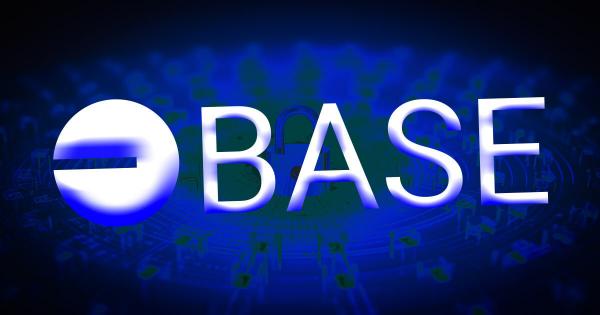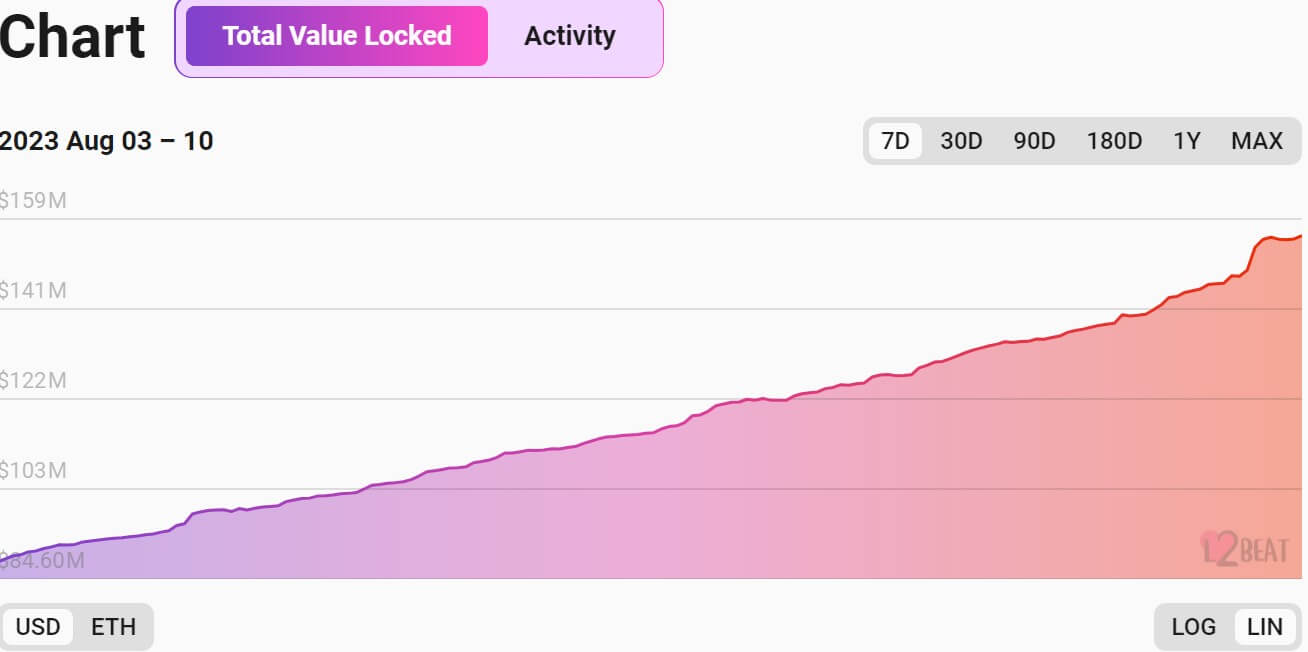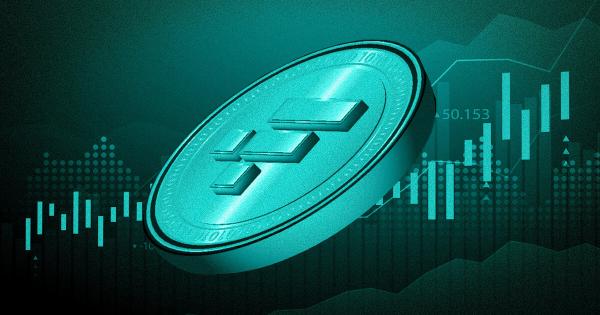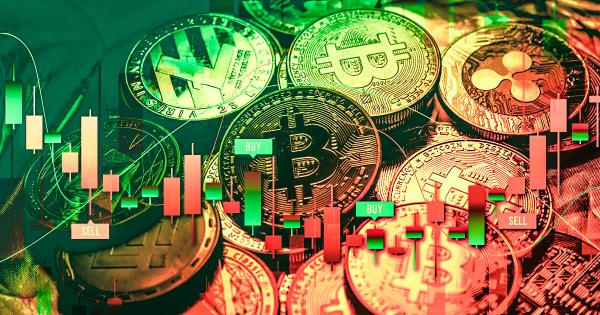Binance becomes El Salvador’s first licensed crypto exchange amid regulatory struggles worldwide

Cryptocurrency exchange Binance is the first licensed crypto platform in El Salvador after receiving two licenses from the Central American country, according to an Aug. 8 statement.
Binance said it was licensed as a Bitcoin Services Provider (BSP) by the Central Bank of El Salvador (Banco Central de Reserva). At the same time, the National Commission of Digital Assets (Comisión Nacional de Activos Digitales) approved it as the first non-provisional Digital Assets Services Provider license (DASP).
Daniel Acosta, Binance general manager for Colombia, Central America, and the Caribbean, said the license allows the exchange to expand its products and services in the crypto-friendly country, adding that:
“It is also a great opportunity to collaborate closely with government authorities to support the adoption of crypto assets in the country, foster financial inclusion, innovation and ensure customer protection.”
El Salvador’s positive posture toward crypto
El Salvador maintains a friendly posture towards the crypto industry, with the Central American country adopting Bitcoin as a legal tender in 2021.
Since then, the Latin American country has acquired over 2300 BTC, valued at more than $70 million, according to data from Buy Bitcoin Worldwide. The government has also introduced several pro-crypto measures, including a bill allowing the country to sell bonds backed by Bitcoin.
Despite these moves, CryptoSlate reported that BTC adoption remains low as citizens question the cryptocurrency’s benefits.
Earlier in the year, Bitfinex said it became the first fully regulated digital assets exchange to receive a DASP license in El Salvador.
Binance now licensed in 18 countries
Meanwhile, despite Binance’s recent regulatory struggles across multiple jurisdictions, its license in El Salvador makes it among the most widely-licensed crypto platform, with approvals and registrations in 18 countries, including Dubai, France, Italy, Spain, Japan, Sweden, etc.
Last month, Binance exited several European countries, including the United Kingdom, Netherlands, Cyprus, and others, due to its failure to get appropriate regulatory approval to continue its operation.
Additionally, the exchange faces regulatory challenges in the U.S., where the Securities and Exchange Commission (SEC) and other regulatory agencies have filed charges against its lack of compliance with local regulations.




